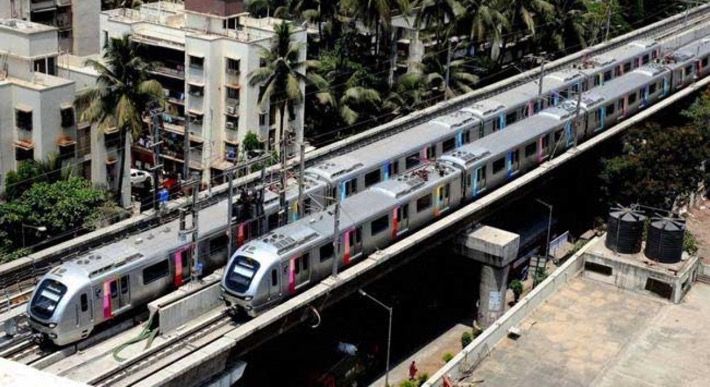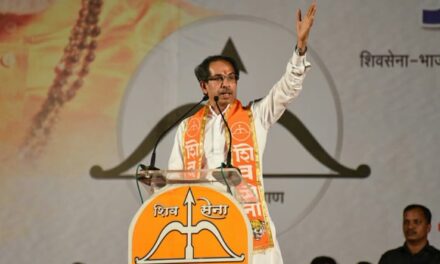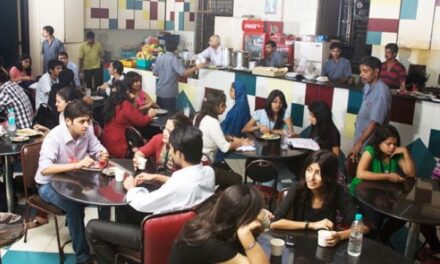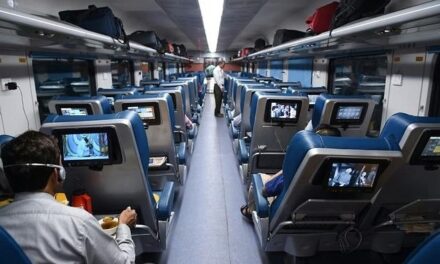
State clears 3 new metro projects in Mumbai


The Metro 10 (Gaimukh, Thane to Shivaji Chowk, Mira Road), Metro 11 (Wadala to GPO, CSMT), and Metro 12 (Kalyan to Taloja) will come up at an estimated cost of around Rs 24,000 crore (Representational Image)
The Maharashtra Cabinet on Tuesday cleared three new Metro corridors for the Mumbai Metropolitan Region (MMR), which will come up at an estimated cost of around Rs 24,000 crore.
While one route will serve parts of eastern and south Mumbai, the other two routes shall serve the extended suburbs in Thane, Chief Minister Devendra Fadnavis said after the Cabinet meeting.
The newly approved projects are Metro 10 (Gaimukh in Thane to Shivaji Chowk, Mira Road), Metro 11 (Wadala to GPO, CSMT), and Metro 12 (Kalyan to Taloja).
The Wadala-GPO Metro 11 corridor, to be built at a cost of Rs 8,000 crore will be 14 kms long and partly elevated and partly underground with stations en route – Wadala RTO, Ganesh Nagar, BPT Hospital (elevated) and Sewri Metro, Hay Bunder, Coal Bunder, Darukhana, Wadi Bunder, Clock Tower, Carnac Bunder and CSMT Metro (all underground).
The Gaimukh-Shivaji Chowk Metro 10 corridor will be 11 kms long and will have five stations en route – Gaimukh, Gaimukh Retibunder, Versova Chaarphata, Kashi-Mira and Shivaji Chowk in adjoining Thane district.
The third is the Kalyan-Taloja Metro 12 corridor, the longest at 25 kms to be built at a cost of Rs 11,000 crore with 18 stations which will cater to some important industrial centres in the region.
It will have stations at APMC Kalyan, Ganesh Nagar, Pisawali Gaon, Golwali, Dombivli MIDC, Sagaon, Sonarpada, Manpada, Hadutane, Kolegaon, Niljegaon, Wadavali, Bale, Vaklan, Turbhe, Pisawe Depot, Pisawe and Taloja.
While Metro 10 is expected to be ready by March 2022, Metro 11 and Metro 12 are scheduled to complete by March 2026 and March 2024 respectively.
These new metro corridors are expected to reduce the journey timings by 50-75 percent compared to by road, enable shifting of road users to metro by nearly one-third, and reduce road traffic congestion by upto 35 percent.
Besides, the metro will reduce the density on the suburban trains from 12 commuters per sq.metre to just seven, and help reduce fatal accidents on the suburban network due to overcrowding of local trains.












